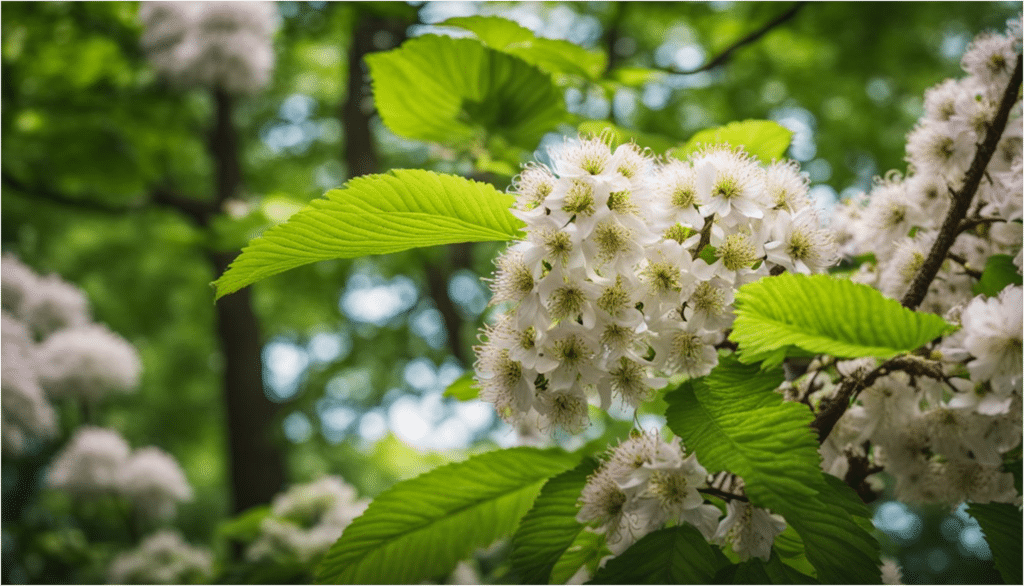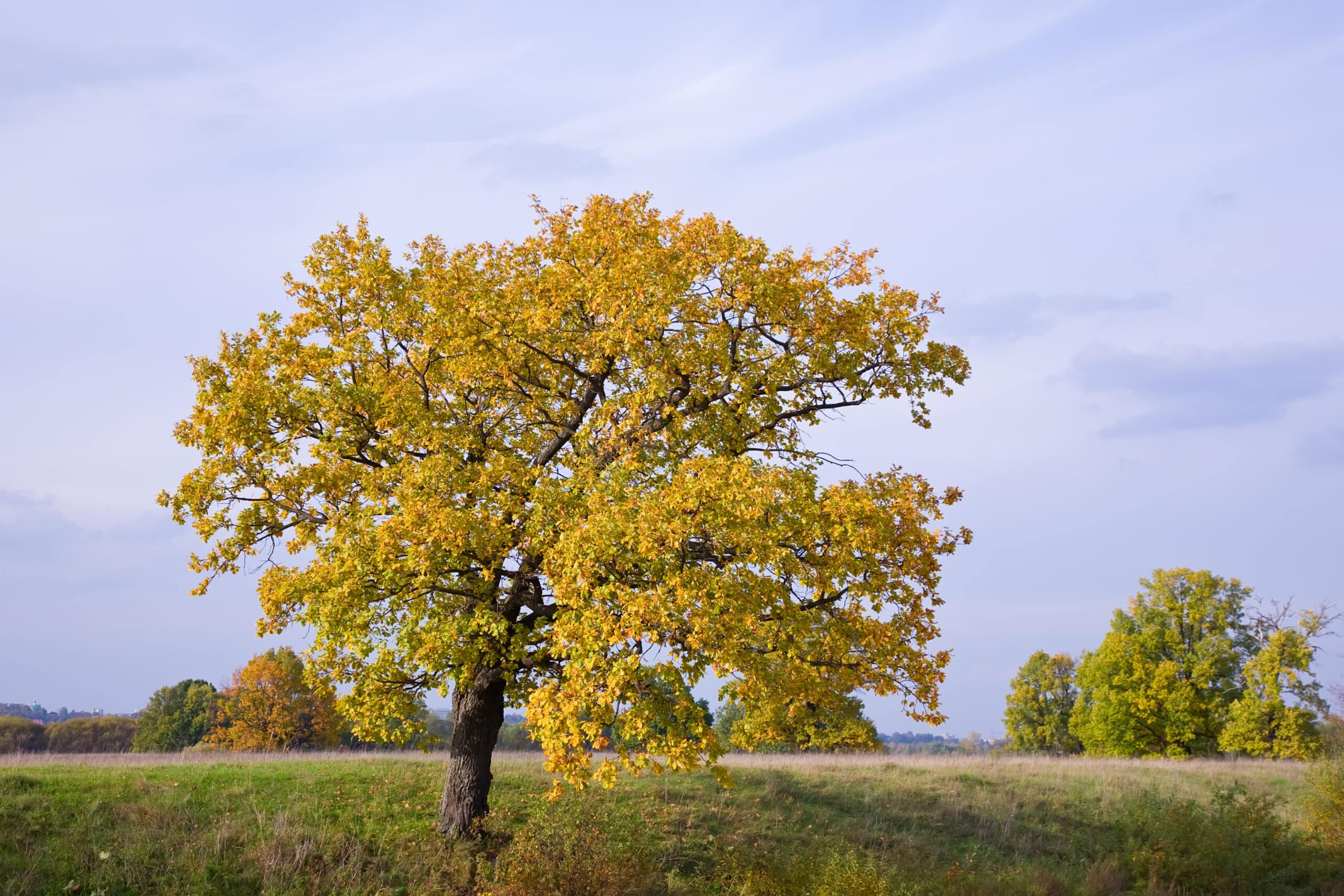Guidelines For Safe Horse Chestnut Dosage

Struggling with leg pain or swollen veins can leave you searching for relief. Horse chestnut, a traditional herbal remedy, has addressed these discomforts. Our article provides clear guidelines on using horse chestnut for optimum health benefits.
Discover effective dosages and important safety tips—read on!
Key Takeaways
- Horse chestnut is used to help with leg pain and swollen veins, like those from chronic venous insufficiency and varicose veins. It can also aid in reducing hemorrhoid symptoms.
- You should take 300 – 600 mg of horse chestnut extract daily chestnuts safely for optimum health benefits for up to 12 weeks. Taking more than this might not be safe.
- Horse chestnut may thin your blood, so you have to be careful if you’re taking medicine that does the same thing. Always talk to a doctor before mixing it with other treatments.
- Stay Avoid raw horse chestnut parts like seeds or bark because they are toxic and can make you sick.
- If you are pregnant, breastfeeding, or have health problems, ask a healthcare provider before using horse chestnut extract to make sure it’s okay for you.
Uses and Effectiveness of Horse Chestnut

Horse chestnut is commonly used for chronic venous insufficiency, varicose veins, hemorrhoids, anti-inflammatory properties, antioxidant benefits, cancer-fighting potential, fertility enhancement, and the treatment of obesity.
It has been studied and shown to be effective in these areas.
Chronic Venous Insufficiency
Chronic venous insufficiency, or CVI, means the blood in your legs has difficulty flowing back to your heart. This can cause pain and swelling in the legs. Horse chestnut seed extract is known for helping with this problem.
It works by making veins tighter so blood moves better.
People use horse chestnut extract by taking it as a pill. Studies show it helps reduce leg swelling and prevents water from building up. You must follow dosage guidelines when using horse chestnut for CVI to stay safe.
Varicose Veins
Horse chestnut seed extract can help with varicose veins. This issue makes your veins big and twisty. People use the extract to feel better because it shrinks these swollen veins. Studies show horse chestnut is good for this health problem.
Doctors have found that taking horse chestnut makes legs hurt less and swell less from varicose veins. But they also say we need more studies to understand fully how it works and the risks.
Horse chestnuts have an active part called aescin, which helps vein walls stay strong and stops water from leaking into nearby tissue.
Hemorrhoids
Hemorrhoids are swollen veins in your lower rectum and anus, much like varicose veins. They can be painful and may cause bleeding during bowel movements. People with these problems often seek relief; hemorrhoid discomfort and horse chestnut might help.
Studies have found this plant could reduce swelling, itching, and hemorrhoid discomfort.
Do you want to know if horse chestnut is good for this health issue? A study with two groups of people showed one thing clearly: those who took horse chestnuts had less pain, and their symptoms got better compared to the ones who did not take them.
So yes, using a cream or taking supplements that have horse chestnut extract may make you feel better if you suffer from hemorrhoids. But remember to always check with a healthcare provider before starting any new treatment.
Anti-Inflammatory
Horse chestnut seed extract has a component called aescin, which has anti-inflammatory properties. This means it can help reduce inflammation in the body. Research suggests that standardized horse chestnut seed extract can help alleviate symptoms of poor blood circulation, such as varicose veins, pain, and tiredness.
Scientific findings support the traditional use of horse chestnut for its anti-inflammatory properties. It’s important to note that these benefits are attributed specifically to the standardized seed extract, not raw horse chestnuts or unprocessed seeds, which may have different effects or even be toxic when consumed.
Antioxidant
Horse chestnut extract contains powerful antioxidants like quercetin and kaempferol glycosides. These antioxidants help reduce symptoms of poor blood circulation by combating free radicals and oxidative stress.
The antioxidant properties of horse chestnut also contribute to its effectiveness in promoting vein health, reducing inflammation, and supporting overall cardiovascular wellness. Incorporating horse chestnut extract into your health regimen can provide these antioxidant benefits, potentially improving your vascular health.
The antioxidant and anti-inflammatory properties of horse chestnut extract make it beneficial for vein health and reduce inflammation throughout the body. By incorporating this natural remedy into your routine, you may experience the positive effects of these antioxidants on your overall well-being.
Cancer-Fighting
Horse chestnut extract has shown promising potential in fighting cancer. Studies have suggested that the seed extract from horse chestnut may help lower the risk of developing cancer, making it a valuable supplement for those interested in reducing their cancer risk.
The component in horse chestnut known as aescin has been found to exhibit anticancer effects, adding to the health benefits of this natural remedy.
The utilization of horse chestnut seed extracts in traditional medicine for centuries is supported by its possible role in lowering cancer risk. This information highlights the importance of considering horse chestnut as a complementary approach for individuals seeking to improve their overall health and potentially reduce their susceptibility to certain types of cancer.
Fertility
Horse chestnut seed extract has been studied for its potential to improve sperm quality in patients with varicocele-associated infertility. Varicocele is a condition where swollen veins occur within the scrotum, leading to male infertility.
Research suggests that horse chestnut may offer an alternative treatment for this specific type of male infertility. The extract’s impact on improving sperm quality showcases its potential benefits in addressing fertility issues related to varicocele.
Studies have shown that horse chestnut seed extract could benefit individuals dealing with varicocele’s fertility challenges, offering hope as a potential natural remedy in such cases.
Obesity
Obesity can lead to poor blood circulation, causing varicose veins, pain, and tiredness. Horse chestnut seed extract has been found effective in reducing these symptoms commonly experienced by obese individuals due to its ability to improve blood flow and reduce inflammation.
Research suggests that the extract is safe for short-term use in treating chronic venous insufficiency (CVI), which is beneficial for people with obesity who suffer from this condition.
Additionally, dietary supplementation with horse chestnut has shown promising results in reducing abdominal fat in mice studies, indicating potential benefits for obese individuals.
Dosage Recommendations for Safe Use
The recommended dosage of horse chestnut extract for safe use is typically 300-600 mg daily. It’s important to exercise caution with higher doses, as they may lead to adverse effects.
300-600 mg per day
Adults can take 300-600 mg of horse chestnut extract orally daily for 8-12 weeks. This corresponds to a daily dose of 600 mg, divided into two doses, which is commonly recommended.
In supplement form, the suggested dosage for adults ranges between 400-600 mg per day.
Adults often use Horse chestnut extract in doses of 300-600 mg daily for treating conditions such as chronic venous insufficiency and varicose veins. It’s important to follow the recommended dosage guidelines and consult a healthcare provider before starting new supplements.
Caution for higher doses
Higher doses of horse chestnut extract can pose potential risks. The Food and Drug Administration (FDA) has classified horse chestnut as an unsafe herb due to limited knowledge about safe dosing and long-term use.
It’s important to adhere to recommended doses, typically 300-600 mg daily for 8-12 weeks, and avoid exceeding them without consulting a healthcare professional. Potential side effects and toxicity may occur with higher doses, especially when used over an extended period.
It is crucial to be mindful of the dosage recommendations for horse chestnut extract, as exceeding the suggested limits could lead to adverse effects. Always consult a healthcare provider before considering higher doses or prolonged usage, especially if you already take other medications or have existing health conditions that may interact with horse chestnut extract.
Possible Side Effects and Precautions
When using horse chestnut, it is important to be cautious of potential side effects and interactions with medications, particularly blood-thinning drugs. While the extract can offer numerous health benefits, it’s essential to consult a healthcare provider before starting any new supplement regimen.
Interactions with blood-thinning medications
Horse chestnut may interact with medications that affect blood clotting. If you are taking blood-thinning drugs, it’s essential to be cautious when using horse chestnut as it might increase the risk of bleeding.
Always consult your healthcare provider before combining horse chestnut with anticoagulant or antiplatelet medications to ensure safe and effective use.
Remember, individuals with bleeding disorders should be especially careful as horse chestnut could further thin the blood and potentially exacerbate their condition. It’s crucial to prioritize safety and seek professional medical guidance when considering horse chestnut alongside blood-thinning medications.
Potential toxicity
Be cautious with horse chestnut products as they can cause side effects like dizziness, headache, stomach upset, and itching. The tree’s raw seeds, bark, flowers, and leaves are considered unsafe due to a toxic component.
It is important to use horse chestnut under the guidance of a healthcare professional to avoid potential toxicity and side effects.
Always be careful when using any herbal supplement, and consult your healthcare provider before starting any new treatment.
Further Considerations.
Consider consulting a healthcare provider before taking horse chestnut supplements, especially if you are pregnant or breastfeeding. Horse chestnut may interact with certain medications, particularly blood thinners, and higher doses can lead to adverse effects.
Always adhere to the recommended 300-600 mg daily dosage and be aware of potential side effects such as nausea and muscle twitching. Furthermore, remember that raw horse chestnut seeds are poisonous when ingested without appropriate processing.
Consider horse chestnut for chronic venous insufficiency or other health concerns. It’s important to stay informed about potential risks and consult a healthcare professional for personalized advice on its safe usage while benefiting from its properties in promoting better health.
FAQs
Q: What is horse chestnut seed extract used for?
A: Horse chestnut seed extract is commonly used to treat varicose veins and symptoms of chronic venous insufficiency.
Q: What are the benefits of horse chestnut seed extract?
A: Horse chestnut seed extract has been found to have several health benefits, including improving chronic venous insufficiency, reducing inflammation, and aiding in circulatory conditions.
Q: Is horse chestnut safe for consumption?
A: Horse chestnut seed extract is generally considered safe when used in recommended doses. However, it’s important to consult a healthcare professional before using it, especially for pregnant or breastfeeding women and individuals with certain medical conditions.
Q: What are the potential side effects of horse chestnut seed extract?
A: Common side effects may include stomach upset, itching, or headache. In rare cases, it may cause more serious side effects such as dizziness, nausea, or liver toxicity. Following dosage recommendations carefully and seeking medical advice if any adverse reactions occur is important.
Q: Can horse chestnut seed extract be used as a dietary supplement?
A: Yes, horse chestnut seed extract is available as a dietary supplement in capsules, tablets, or tinctures. It’s important to purchase products from reputable sources and follow the recommended dosage instructions.
Q: How does horse chestnut seed extract work in treating chronic venous insufficiency?
A: The active components in horse chestnut seed extract, such as aescin and aescin, are believed to help improve vein tone and reduce swelling, thereby alleviating symptoms of chronic venous insufficiency.
Q: Are unprocessed horse chestnut seeds safe for consumption?
A: No, unprocessed horse chestnut seeds contain a compound called esculin, which can be toxic if ingested in large amounts. It’s important only to use standardized and processed horse chestnut seed extract for medicinal purposes.
Q: What does the Cochrane review say about the effects of horse chestnut seed extract on chronic venous insufficiency?
A: The Cochrane review suggests that horse chestnut seed extract may effectively reduce symptoms of chronic venous insufficiency, such as leg pain and swelling. However, more high-quality studies are needed to confirm its long-term efficacy and safety.
Q: Can horse chestnut seed extract treat other health conditions?
A: Some research suggests that horse chestnut seed extract may benefit conditions like hemorrhoids, swelling after surgery, and eczema. However, further studies are required to establish its effectiveness for these uses.
Q: Where does horse chestnut seed extract come from?
A: Horse chestnut seed extract is derived from the seeds of the horse chestnut tree (Aesculus hippocastanum), native to regions in the Balkan Peninsula. Its extract is processed and used for medicinal purposes.

